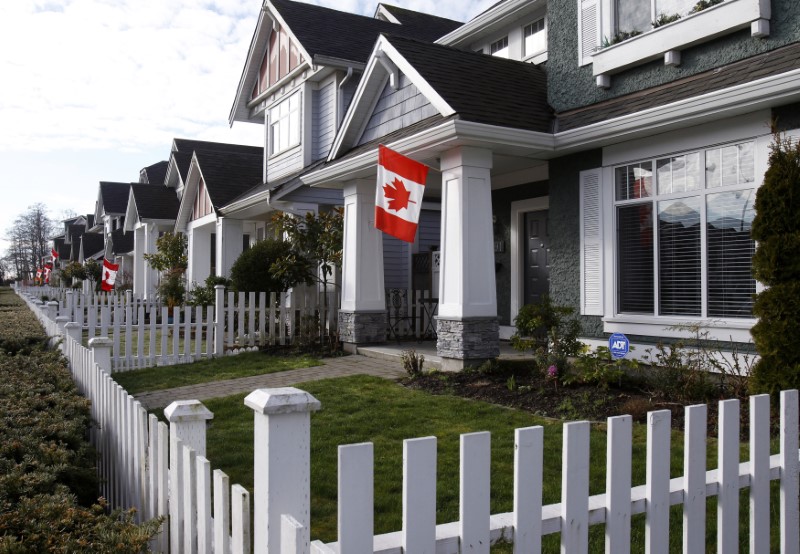By Ketki Saxena
Investing.com -- As the Canadian housing market grows increasingly less affordable, it's quite a sign of the times that Habitat for Humanity, a charity that typically serves underprivileged demographics in acquiring accommodation is now serving Canadians with an annual income of over $100,000.
The charity has been providing no-interest loans to lower-income families for almost forty years - since Habitat issued its first no-interest loan in Winkler, Manitoba in 1985, it has helped 4,512 families purchase homes throughout Canada. However, in the past five years, the average house price in Canada has surged by 40%, necessitating a shift in Habitat's client base to include higher-income households.
As reported by the Globe and Mail, Habitat is increasingly helping higher-income households secure mortgage loans, some of which earn around $100,000 annually. Julia Deans, president of Habitat Canada, explained that changes in the housing market have widened the pool of people struggling to afford houses to include those traditionally considered middle-income earners.
The average house price in Canada exceeds $760,000, with properties in Vancouver and Toronto valued at over $1 million. House prices in other parts of southern Ontario are also flirting with this level, pricing a larger segment of the population out of the housing market.
Consequently, the income prerequisite for qualifying for Habitat's no-interest loans has skyrocketed. The charity's loan serves as a down payment for prospective homeowners, enabling them to qualify for a mortgage from a bank or credit union.
The shift towards higher-income clients is particularly noticeable in Toronto, Canada's second most expensive real estate market. There, the average house price has soared by 53% over the past five years to $1,171,300.
The average household income needed to qualify for Habitat aid in Toronto was $85,352 last year, up from $53,508 in 2018. In 2022, the minimum income was set at $67,266 and the maximum at $102,609.60.
Habitat usually assists families with children under 16 who are Canadian citizens or permanent residents and have enough employment income to afford mortgage payments and home maintenance costs.
If a client decides to move, Habitat has the initial right to repurchase the property; otherwise, it is sold on the open market at prevailing rates.
Habitat's clients receive all the mortgage payments they made if they decide to sell. Any increase or decrease in the home's value is shared between the charity and client according to a predetermined formula.
